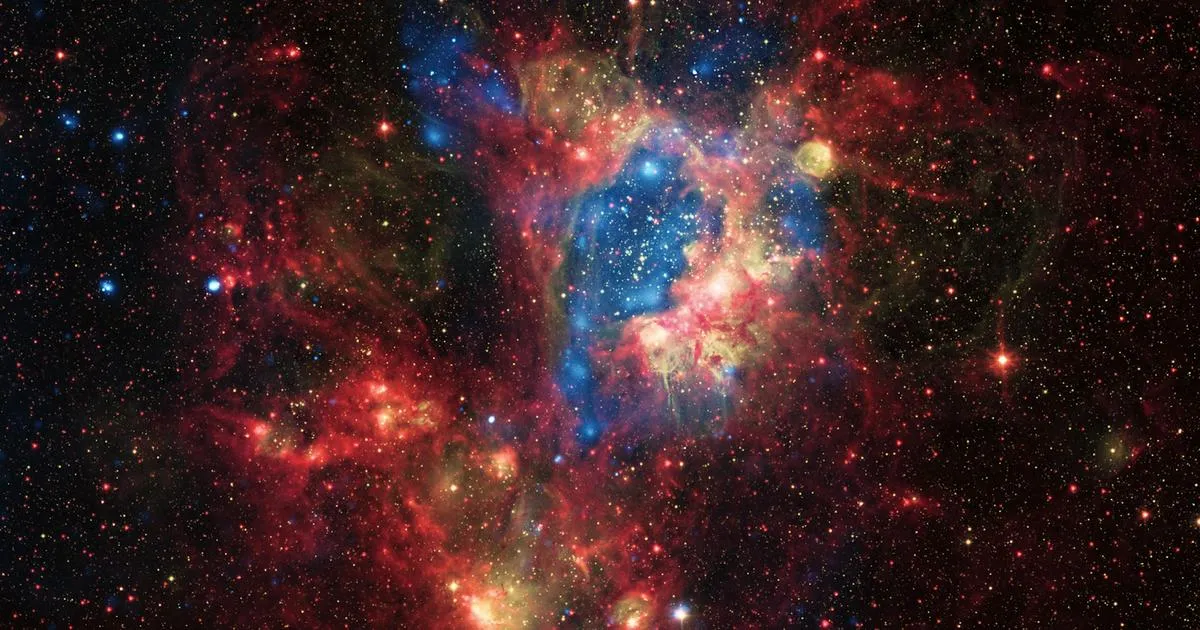
Recent research has sparked discussions about the potential for the universe to end sooner than previously anticipated. According to scientists, the fundamental laws of thermodynamics suggest that as warm entities cool down and cool entities warm up, the universe is destined to reach a state of uniformity, eventually resulting in a near-vacuum throughout space.
Even the most stable celestial bodies, such as dead stars, undergo decay over astronomical timescales. This decay process contributes to the gradual cooling of the universe. While it was once believed that the universe would endure for an astonishing 10^1100 years, a figure so immense that it dwarfs the current age of the universe multiplied by the total number of atoms within it, new findings suggest that this timeline might be overly optimistic.
The laws of thermodynamics play a crucial role in our understanding of the universe's fate. As energy disperses, systems tend to evolve towards a state of maximum entropy, meaning that eventually, all energy will be evenly distributed. This principle indicates that the universe will eventually reach a state where no thermodynamic free energy remains to perform work, leading to a lifeless and static cosmos.
As researchers delve deeper into the implications of these thermodynamic laws, the realization that the universe could face an earlier end calls for a reevaluation of our understanding of cosmic timelines. The notion that the universe might not last as long as previously thought raises profound questions about the very nature of existence and cosmic evolution.
In conclusion, the possibility of the universe ending sooner than expected encourages ongoing research and exploration into the laws governing our cosmos. As scientists continue to investigate these complex phenomena, our understanding of the universe’s fate will undoubtedly evolve, influencing both theoretical physics and our perception of time itself.